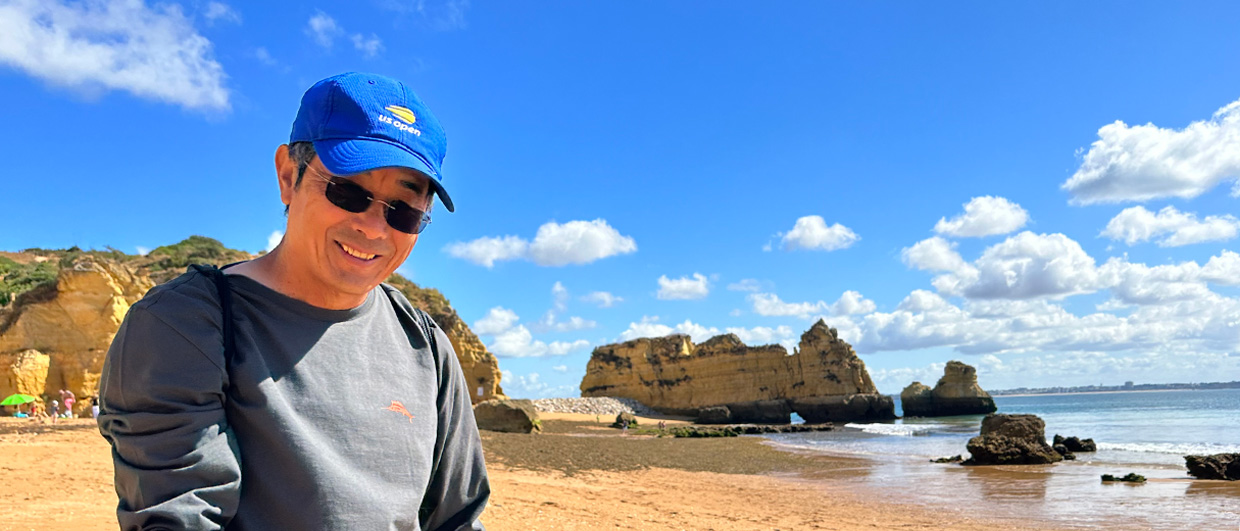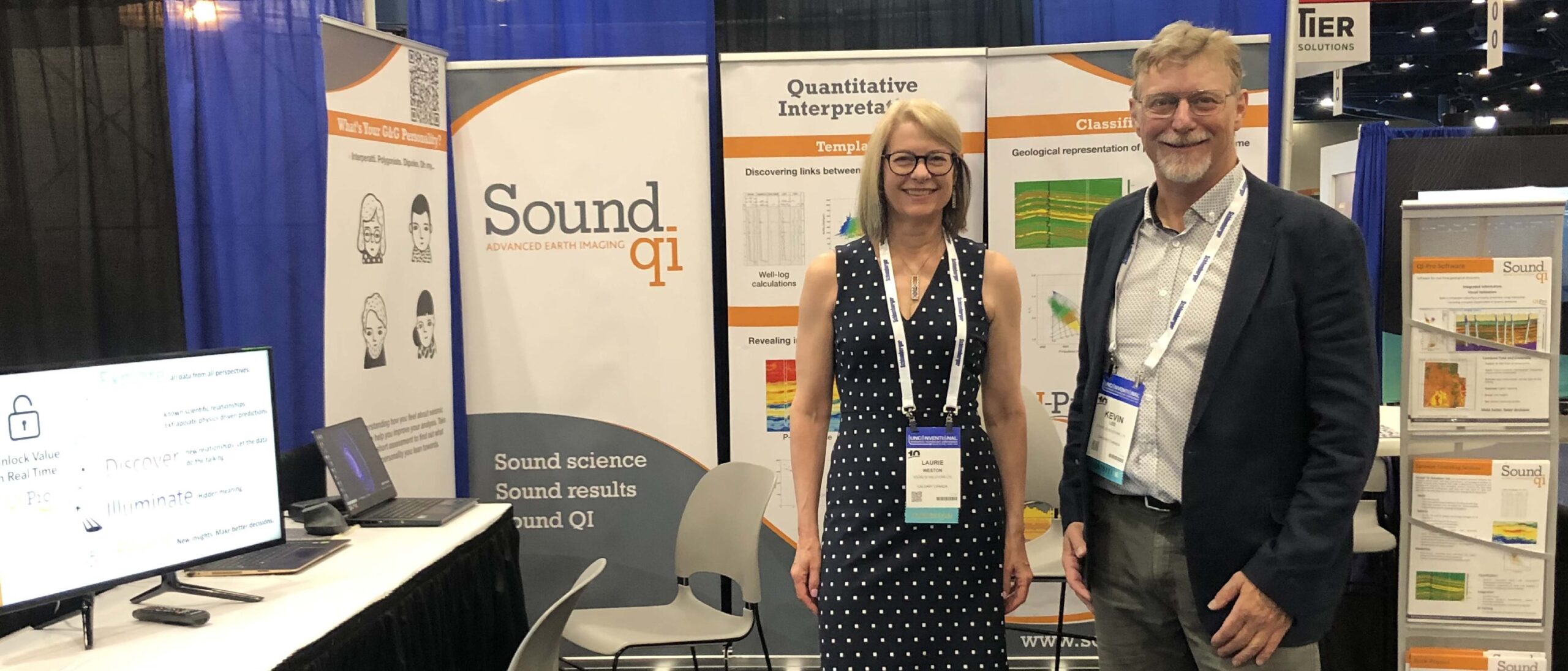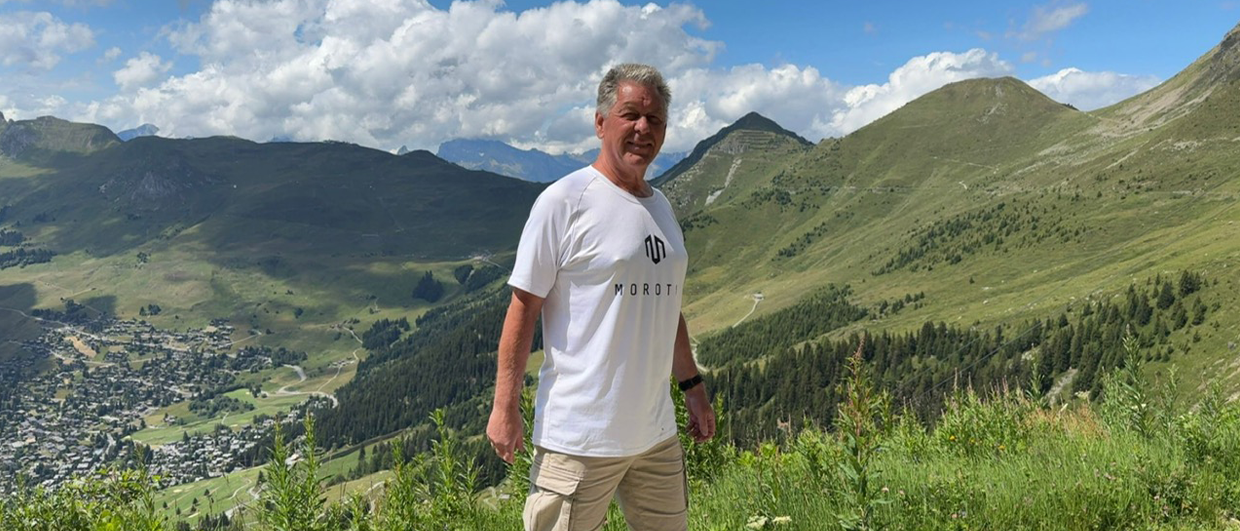What attracted you to the industry?
I had not thought about joining the oil and gas industry until quite late on at university, but from friends in it I knew a little about the work and lifestyle. The practical application of subsurface knowledge to business problems appealed, alongside the opportunity to travel and live abroad.
What is your academic background?
I studied Natural Sciences at Cambridge, intending to specialise in chemistry – but, having heard that it was a lot of fun, I took geology in my first year. The connection between geological theory, followed by observations and application in the field, appealed, and I was hooked. I was particularly interested in the link between continental deformation and geomorphology, so I did a PhD looking at deformation styles in Taiwan and Iran. I did not want to pursue academia long-term, and the oil and gas industry was the obvious place to apply my skills.
Was this your first job after university?
I joined BG Group straight after my PhD five years ago. I took part in the graduate training programme for the first two years, before joining UK Exploration. I found the North Sea a fascinating place to work. Despite a lengthy history of exploration, we are still testing new play concepts, aided by the latest innovative technologies. I am currently an Exploration Geologist in the Barents Sea, Norway. Significant discoveries in the Barents last year, combined with the resolution of the maritime border dispute, make it an interesting time to be working in an otherwise underexplored basin.
What industry training have you done?
The first two years at BG Group are all about working in a variety of teams and assets – from exploration to development and new ventures to operations. I was concerned that I would have missed out by not having a petroleum masters, but there is a range of technical and soft skills courses available to provide the support required.
Obviously, shooting seismic and drilling wells are a key component of the learning curve. Every graduate recruit takes part in geological and geophysical operations – before you know it, you are on a rig in the North Sea (or Mediterranean, if you are lucky!). It is a truly unique experience that should be a core part of any geologist’s training. Recently, I have started to build on greater cross-functional training (economics and commercial) and to develop my leadership skills, but I also want to see more rocks! It is difficult to gauge the scale of features when looking at structures and maps on the workstation. Taking the opportunity to see actual rocks, whether through fieldtrip analogues or core workshops, brings the play to life, and you get a real sense of what could be down there. I take every opportunity to get out in the field and see a variety of reservoir types and structural styles.
What do you enjoy about the industry?
I greatly enjoy the variety of challenges on offer. Delivering a high-standard of technical work is still my primary focus. However, I am also taking on greater responsibility; presenting key concepts to senior management and anticipating the challenges and opportunities ahead are all part of the bigger picture. It might sound clichéd, but there is always something new to learn. It is an exciting time: BG Group is building on its LNG expertise and unconventional plays are increasingly important. The development of previously unconventional resources, alongside recent success in underexplored basins, ensures that there is always something new to learn about. The opportunity to travel is attractive. I am lucky enough to live in Norway at the moment, and I also spent six months in India as part of my training. Not many people get the chance to work overseas in such a supportive environment. Every asset has its own distinct atmosphere, culture, opportunities and challenges.
And what should change?
There is not much that I would change about the industry as I have experienced it. The subsurface community is a relatively tight-knit and supportive environment to develop in. As we all know, there is a distinct bimodal age distribution in industry demographics, and this needs to be addressed through longer term strategy and resourcing. There are a limited number of role models 10 years ahead of me, but at the same time, there is a wealth of people with 30 years of experience to learn from.
How can we encourage more young people to join you?
I took geology by chance, and I ended up wanting to make a career out of it; how many people never had that opportunity? Early exposure to the subject is key, and the oil and gas industry has to play its part in promoting geology as a subject with significant career potential.
Where do you see your future?
I want to continue in exploration, whether at a technical level or in a management role. The excitement of drilling a well and not knowing what is down there is addictive. There are always going to be disappointments – but perhaps we learn more from our failures than our successes. You lament for a short time, dust yourself off, and look to where the interpretation takes you next.





